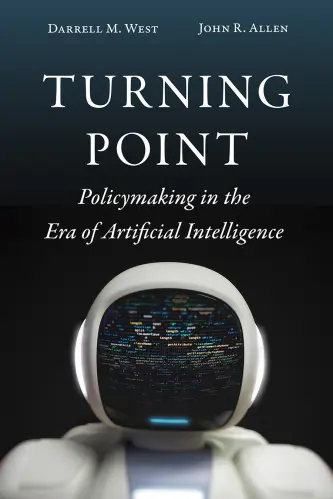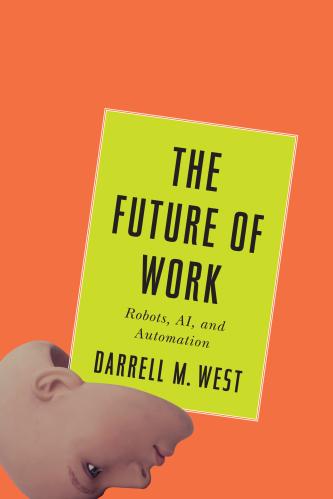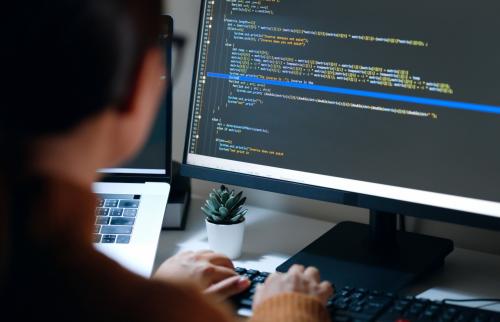On September 10, Center for Technology Innovation Senior Fellow Darrell West testified before the House Committee on the Budget for a hearing titled “Machines, artificial intelligence, & the workforce: Recovering & readying our economy for the future”.
In his testimony, West argues that artificial intelligence is one of the transformative technologies of our time and likely to have major ramifications for the workforce and the economy. AI is being deployed in a number of different sectors and its usage will accelerate in coming years with advances in computer storage and processing capabilities. It will necessitate rethinking our policies in the areas of budgeting, taxes, infrastructure, agency modernization, health, education, workforce development, economic development, and market competition. West outlined a series of suggestions for moving forward:
AI impact on the Workforce
As AI and other emerging technologies become widely deployed, there are several possible ramifications for the workforce: job loss, job dislocation, job redefinition, job mismatch, and/or job churn. Some positions will get redefined as AI performs tasks that currently are conducted by humans. There certainly will be new jobs created by technology, such as in data analytics and machine learning, but most people do not have the skills necessary to fill those positions so there will be job mismatches. In an economy where benefits are tied to fulltime employment, any increase in job churn would create instabilities and insecurities in people’s ability to maintain their income and their health and retirement benefits.
Portable health benefits
A key to any reform is the idea of benefit portability. In the digital economy, people are moving across employers, and these movements could accelerate in the future. As noted by analysts Daniel Araya and Sunil Johal, “Introducing portable benefits for independent workers so that pension and health care benefits can be taken from gig to gig while requiring contributions from technology platforms that employ these workers” is an important feature of the emerging landscape. In today’s world, workers need benefit flexibility to survive in a working environment that can be turbulent and chaotic.
Lifelong learning and continuing education
One possibility to encourage continuing education is the establishment of a lifelong learning account. In an era of fast technological innovation and rapid job displacement, there needs to be a way for people to gain new skills throughout their working lifetime. When people are employed, their companies could contribute a set amount to an individual’s fund. This account could be augmented by contributions from the person him or herself, analogous to individual retirement accounts or state government-run 529 college savings plans, but the owner of the account could draw on the account to finance online learning, certificate programs, or job retraining expenses. The account would be portable, so that if the person moved across state lines or switched jobs, the account would migrate with that individual.
Read the full testimony here, and watch video of the hearing below:
The Brookings Institution is committed to quality, independence, and impact.
We are supported by a diverse array of funders. In line with our values and policies, each Brookings publication represents the sole views of its author(s).





Commentary
TestimonyIf AI takes jobs, humans will need lifelong learning and portable benefits
September 10, 2020